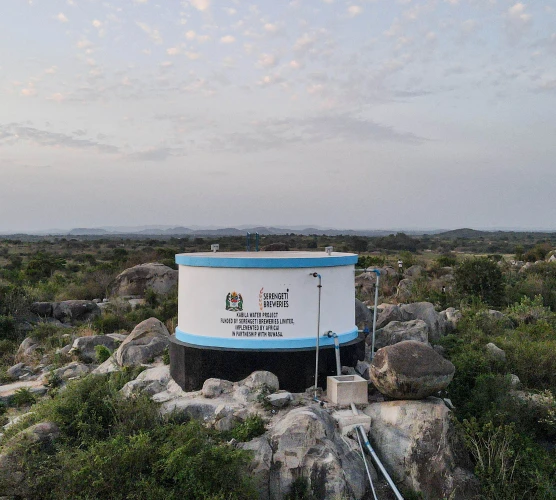
Overview
Our continued long-term success depends on the people and planet around us. Our grain-to-glass sustainability efforts are divided into three areas: Preserve Water for Life, accelerate to a Low-Carbon World, and Become Sustainable by Design.
How we pioneer grain-to-glass sustainability
We're working towards a lower carbon future and are following a science-based approach to drive the pace and scale of change required. Our targets to achieve net zero emissions demonstrate our commitment to mitigating our impact on climate change. Our targets are:
- Become net-zero carbon in our direct operations (Scope 1 and 2).
- Reduce our value chain emissions (Scope 3) by 50%.
- Use 100% of renewable electricity across our direct operations.
Water is the most important ingredient in our products. It's also a precious shared resource that is facing increasing pressure, in many parts of the world, by the impacts of climate change and the competing demands for freshwater resources. Preserve Water for Life outlines how we manage water in our supply chain, operations and communities, as well as advocate collective action to improve water outcomes.
Water in our Operations:
- Our ambition is to deliver best-in-class water management in our sites and operations. We are committed to reducing water usage in our breweries by 40% by 2030 through enhanced recycling and wastewater treatment. Our plants feature state-of-the-art water recycling technology, ensuring that most water used is safely treated and returned to the environment.
- Climate, water and regenerative agriculture are strongly connected. We partner with suppliers to champion water stewardship, drive efficiency, and promote sustainable agricultural practices. We actively map our water usage and integrate water and nature priorities into our regenerative agriculture programs, particularly with smallholder farmers.
- Elevating our commitment to safe Water, Sanitation, and Hygiene (WASH), we have positively impacted millions of lives across Tanzania. Through the construction of 26 water supply projects nationwide, we've provided reliable access to over 1 million cubic meters of clean and safe water, directly benefiting more than 2 million people. This ongoing effort continues to transform communities, promote healthier lives, and build a sustainable future.
- Achieve zero waste in our direct operations and zero waste to landfills in our supply chain.
- Ensure 100% of our packaging is widely recyclable (or reusable/compostable).
- Continue our work to reduce total packaging and increase recycled content in our packaging (delivering a 10% reduction in packaging weight and increasing the recycled content of our packaging to 60%).
- Ensure 100% of our plastics are designed to be widely recyclable (or reusable/compostable) by 2025.
- Achieve 40% recycled content in our plastics by 2025, and 100% by 2030.
- Provide 100% of local sourcing communities with agricultural skills and resources; build economic and environmental resilience (supporting 150,000 smallholder farmers).
- Develop regenerative agriculture pilot programmes in five key sourcing landscapes.

